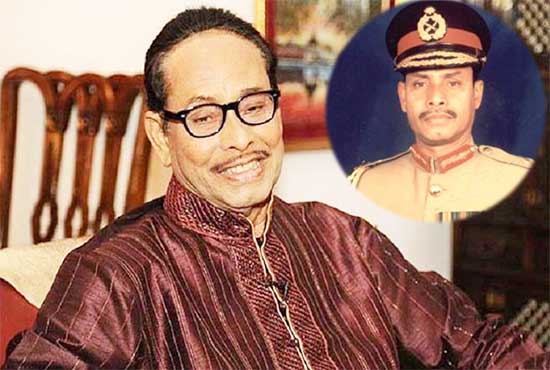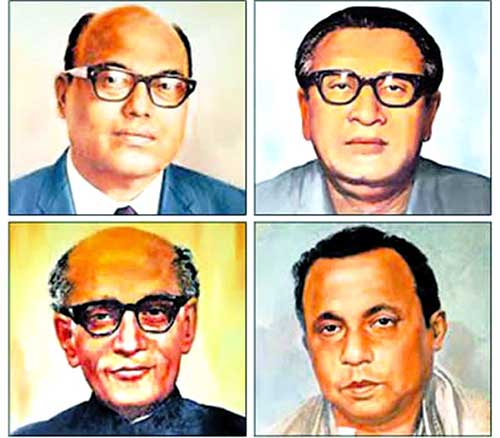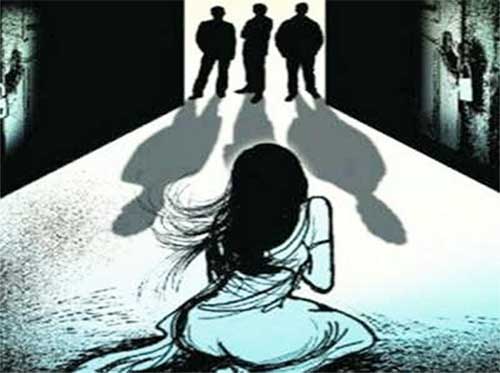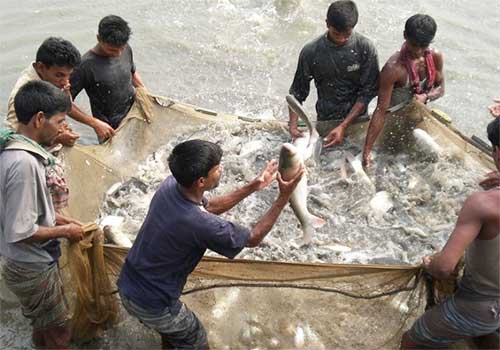
Hussain Muhammad Ershad today drew his last breath at the Combined Military Hospital, putting an end to a lengthy and contentious political life that saw many upheavals.

He was raised in 1930 to Mokbul Hossain and Mazida Khatun in Dinhata, a municipality of Coochbehar district of present-day West Bengal in British India. Ershad was one of nine brothers and sisters.
After the Indian-Pakistan partition in 1948, his family moved from Dinhata to Bangladesh (then East Pakistan).
Ershad researched at Rangpur's Carmichael College and then graduated from Dhaka University in 1950. He was commissioned from the Officers Training School in Kohat in 1952 to the Pakistan Army. He was an adjutant at Chittagong's East Bengal Regimental Depot. Later, in 1966, he finished specialized classes at the College of Command and Staff in Quetta.
He was provided control of the 3rd East Bengal Regiment in 1969 and of the 7th East Bengal Regiment in 1971 after working with a brigade in Sialkot. He was supposedly interned during the 1971 Liberation War and repatriated to Bangladesh in 1973 along with other Bengali policemen deployed in West Pakistan.
On April 24, 1982, by withdrawing President Abdus Sattar's chosen regime through a bloodless coup, Ershad usurped state authority as the Chief Martial Law Administrator (CMLA), and three days ago he appointed Justice Abul Fazl Mohammad Ahsanuddin Chowdhury as the president.
Later, on December 1983, Ershad took over the presidency of the country.
During his government, he revoked the constitution and parliament of the country, repressed his political rivals, and according to commentators, by creating Islam the state religion in 1988 by amending the constitution he used "faith" to obtain small political stake by wooing the bulk of Muslims in the country.
He created a political party while keeping the army chief's post and being at the government's control as well.
After a national mass motion, on December 6, 1990, Ershad was lastly compelled to settle down.
He was detained in 1991 and published in January 1997 on bail.
In over 26 instances, the politician was prosecuted on various allegations including corruption. Later, during the tenures of the BNP and Awami League, he was sentenced in two instances and acquitted and released from 20 instances.
But in two distinct judiciaries, two instances – General Manzoor's assassination and a graft trial – are still ongoing against him.
He participated in the 1991 national elections, 1996, while in prison, and gained from all five constituencies in which he participated. In 1996, to form a coalition government, Ershad extended support to the Awami League.
In a corruption situation, Ershad was convicted in 2000. As a consequence, he was unable to challenge the elections of 2001. However, on April 9, 2001, he was published on bail in the situation.
In national elections in 2008, 2014 and 2018, Ershad was appointed as a legislator.
He began to exploit the difficult alliance-based politics of the country and became a crucial player in Bangladesh's political situation, particularly in forming coalition regimes.
Despite the critique, however, Ershad went to be lovingly recognized by his admirers as "Pallibandhu," bringing important modifications to the local government scheme in the country.
In 1984, Ershad launched the country's Upazila scheme to decentralize local government at the grassroots stage. He expanded the national highway system, increased the number of districts to 64, and also attempted to decentralize the administration of civil and justice.
In 1956, Ershad got engaged to Raushan Ershad. The pair had a child and raised a girl as well. Raushan subsequently became the junior Jatiya Party co-chair, as well as a legislator and parliamentary opposition chief.
On numerous times, Ershad confronted critique for maintaining relationships with several females.
In 2000, his subsequently divorced Bidisha, his second girlfriend, and subsequently became JP's presidium chairman. He's got a Bidisha child.
The marriage, however, finished in divorce in 2005 over a "political comedy."





